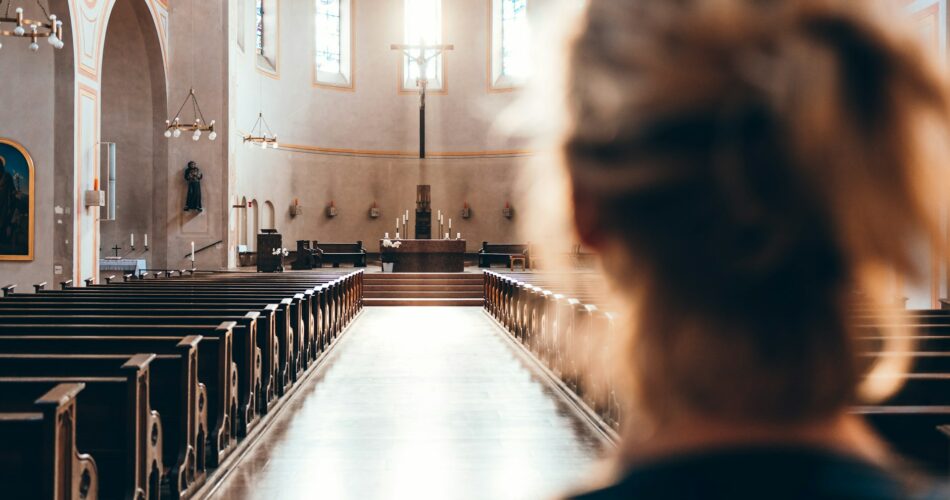They are not happy about this.
According to a recent study by the Pew Research Center, a significant portion of American adults believe that religion is losing its influence in public life, and this trend is causing dissatisfaction among many. The study, based on data collected from a diverse sample of 12,693 U.S. adults between Feb. 13-25, highlights a yearning for the positive impact traditionally associated with religion.
The findings reveal a sense of unease among both religious and nonreligious individuals regarding the trajectory of religion in American society. Many respondents expressed feeling at odds with mainstream culture and experiencing conflict with those around them, regardless of their religious beliefs or lack thereof. Authors of the study, Michael Rotolo, Gregory A. Smith, and Jonathan Evans, underscore the widespread sentiment of dissatisfaction with religion’s diminishing role in public life.
The study’s results indicate that 80% of American adults perceive a shrinking role for religion in society, marking a peak in such sentiment compared to previous surveys. Interestingly, while most Americans view this trend negatively, a minority believe it to be a positive development. Nonetheless, a majority, encompassing 57% of U.S. adults, still perceive the influence of religion in society as a positive force.
Moreover, the study highlights increasing tensions between religious beliefs and mainstream American culture. Nearly half of the respondents reported feeling significant conflict between their religious convictions and prevailing cultural norms. Additionally, there is a growing perception of being religious minorities among Americans, with a notable rise in those who prefer avoiding discussions about religion altogether.
Among religiously unaffiliated individuals, concerns are raised about perceived attempts by conservative Christians to exert control over religion in government and public schools. Similarly, Christians express concerns about secular liberals overstepping boundaries in matters of religious influence.
Political affiliations also play a role in shaping attitudes toward religion in public life. Republicans tend to support greater religious influence in both government and public spheres compared to Democrats. This divide is evident in opinions regarding the role of the Bible in shaping laws and the declaration of Christianity as the official religion of the U.S.
Despite these differences, there is broad consensus across political lines on the importance of ethical leadership and advocacy for religious beliefs by the president. While former President Donald Trump and President Joe Biden may not be perceived as particularly religious figures, their respective supporters believe they advocate for religious groups to varying extents.
Overall, the study sheds light on the complex interplay between religion, culture, and politics in American society, highlighting evolving attitudes and perceptions toward religion’s role in public life.
